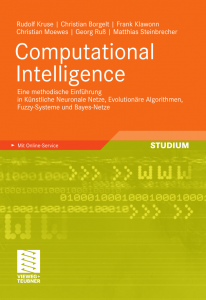A friend of mine works at the Martin-Luther-Universität Halle-Wittenberg in the agriculture department and he’s interested in using neural networks for yield optimization and/or forecasting. The project has much to do with precision farming, i.e., using modern differential GPS and sensor technology to automate and optimize fertilizer usage. It works as follows:
- In one year, the amount of fertilizer used and the yield are measured and the data is stored. This is done on small-scale areas, hence the term precision farming.
- Miscellaneous data from various sensors are obtained and stored with the yield data.
- A neural network (or other forecasting methods) or decision trees can be learned from the data.
- In subsequent years, using currently measured sensor input, the amount of fertilizer can be adjusted precisely to optimize, environmentally or economically.
The project could be developed towards a full-scale, all-inclusive solution for farmers:
- A contract between the data mining company (DMC) and the farmer is agreed upon.
- The DMC supplies (lends) sensory equipment to the farmers.
- The farmers fertilize and harvest the crop as usual, thereby harvesting data as well.
- The DMC acquires the data and mines them.
- In subsequent years, the farmer can obtain optimized fertilization data from the DMC. He can use it to reduce fertilizer usage or to optimize otherwise.
The ideas are based on work by Georg Weigert N-Düngung bei Winterweizen mit Entscheidungsbäumen (or his dissertation) and Martin Schneider.
